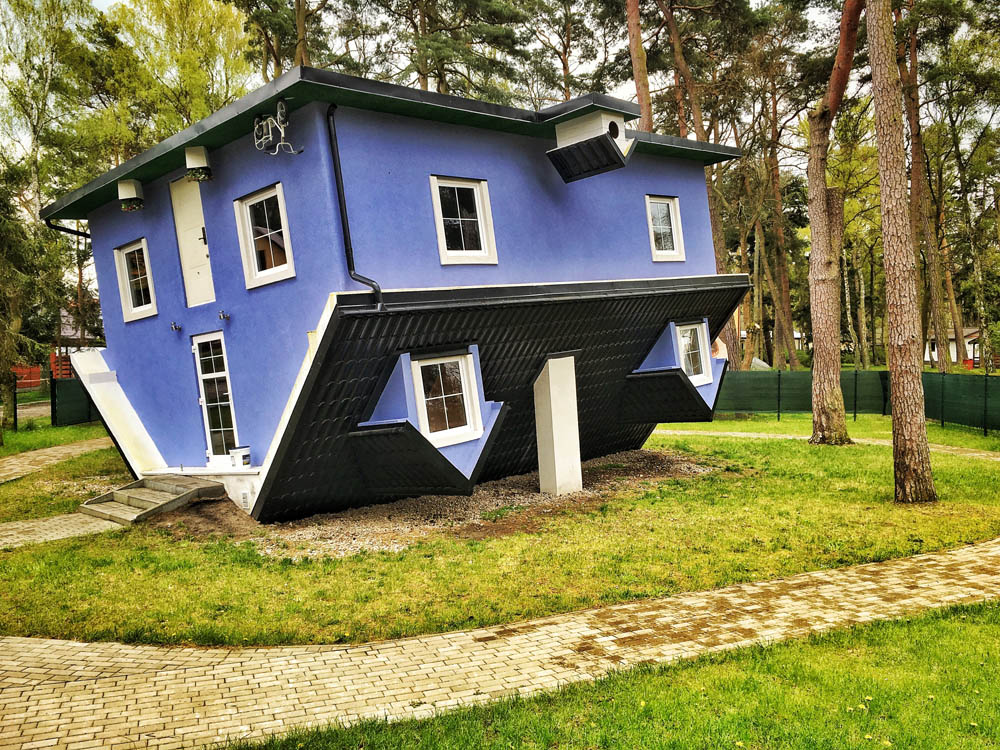
Colorado’s Marijuana Solution to Affordable Housing and the Fed’s Ironic Contradiction
In November 2012, Colorado voters approved a constitutional amendment making Colorado the first state in the nation to legalize the use of recreational marijuana. Amendment 64 to the Colorado constitution became effective January 1, 2014 and since then, Colorado has been at the forefront of cannabis law and policy. During 2013, the state had to implement laws and policies to make the new amendment work. Governor John Hickenlooper and the legislature had to figure everything out from what the state’s role would be in regulating the sale and use of cannabis versus local government, to tax policy. Local governments were given the option to opt out and to prohibit dispensaries within their boundaries and nearly half of Colorado cities did so.
Tax policy became a huge challenge. How much could the state charge for this new “sin tax”? Ultimately, the state determined that the taxes on cannabis related products would be significantly higher than alcohol and tobacco. Currently, the state assesses a 15% excise tax on cannabis and products and a 15% sales tax on non-medical marijuana and products (on top of the state’s 2.9% sales tax). Local governments also levy their own sales tax and may assess an excise tax as well. Denver, for example has a 3.62% sales tax and a marijuana tax of 3.5%.
Recently, Denver Mayor Michael Hancock proposed increasing the marijuana tax to 5.5%. The extra 2% would be earmarked for the city’s affordable housing program. Mayor Hancock estimates that the new tax would generate $8,000,000 for affordable housing. His proposal also provides that the city set aside an additional $7,000,000 from its general fund for affordable housing. The $15,000,000 in new dollars into the affordable housing fund would mean 6,400 new affordable housing units over 5 years. Colorado’s marijuana industry strongly supports the mayor’s plan.
6,400 new units can go a long way to helping Denver with its affordable housing crunch. But, it is ironic that taxes on marijuana and related products would be used to fund affordable housing when the federal government still considers marijuana a banned substance. Consequently, if HUD or other federal dollars are used in the construction of these units, or if a tenant receives federal assistance for rental through HUD, FHA or other programs, potential tenants with marijuana related convictions could be denied housing in these new units. Similarly, the use of marijuana is banned in subsidized housing under federal law. If the new Denver units are constructed without federal subsidies, this won’t be a problem. However, a developer could, presumably, receive the Denver marijuana tax money through the Denver Housing Authority and also obtain a low interest HUD loan. In such an event, marijuana use or possession in the units would be prohibited despite being legal in Colorado, subjecting a tenant to arrest or eviction. It is ironic that the marijuana dollars would be good enough to build the building, but use of the product itself, though perfectly legal in the state, would subject a tenant to eviction.
Colorado has used direct marijuana tax revenue for many good projects since making recreational marijuana legal. By law, the 1st $40 million of the excise tax each year goes to schools and school construction. The state marijuana sales tax is used for enforcement, education and awareness programs. Denver’s proposal makes great sense. But, it is time for the federal government to align with the states. Housing programs are administered by the states because the program is too big for HUD to do. And, marijuana is a states’ right issue. If marijuana is legal in a state and state tax dollars can be used to solve a problem, the federal government should bend over backwards to allow it to happen without penalty.




Sheila I. Vucci
May 14, 2018 12:22 pmDavid, you are so right. Typical government only sees black or white, never a gray area. There are so many gray areas where good things could happen. The Marijuana law is one of them. It’s crazy not to house people because of HUD, who can’t. We could only hope that’s more of the Swamp that gets cleaned out!